Ready to supercharge your electric vehicle experience? A home EV charger not only kicks up your convenience a notch by letting you charge overnight, but also boosts your home's value. Let's dive into how you can pick the perfect charger that fits snugly into your life.
Why You Need a Home EV Charger
Installing a home EV charger offers numerous benefits. It provides the convenience of charging your vehicle overnight, ensuring a full battery each morning. Home chargers typically offer faster charging speeds compared to standard wall outlets, and can be more cost-effective in the long run compared to relying on public charging stations. Additionally, having a home charger can significantly increase the resale value of your home.

What Are the Different Types of Electric Car Chargers
There are primarily three types of EV chargers, categorized by their charging speed:
-
Level 1 Chargers: These chargers use a standard 120-volt outlet and are the slowest, typically providing about 4 to 5 miles of range per hour of charging.
-
Level 2 Chargers: Using a 240-volt outlet, the same type used by large appliances in your home, these chargers are much faster, offering 12 to 80 miles of range per hour.
-
DC Fast Chargers: The fastest type available, these chargers are mostly found in public charging stations and can charge an EV battery to 80% in around 20 to 30 minutes.
How to Choose a Home EV Charger
Choosing the perfect home EV charger is more than just picking out a piece of equipment; it's about integrating it into your daily life in a way that enhances your EV experience. Here are some of the factors you need to consider:
-
Understand Your Car’s Needs
Start by identifying what your electric vehicle can handle in terms of charging. Each model has a maximum charge rate, which influences how quickly it can charge. You'll find this information in your vehicle’s manual or manufacturer’s website. Ensure the charger you choose matches or exceeds your vehicle’s capabilities without being overkill.

-
Choose the Right Level of Charging
For most homeowners, a Level 2 charger strikes the perfect balance between speed and affordability. Here’s why:
-
Level 1 Chargers: These use your typical household outlet but charge slowly, making them ideal only if you have all night to charge or drive minimally.
-
Level 2 Chargers: These require a 240-volt outlet but dramatically reduce charging time, making them a favorite for daily use.
-
Installation Logistics
Consider where your charger will go and what modifications your home might need:
-
Electrician Assessment: Have a professional assess your home’s current electrical setup. This step ensures you can install a Level 2 charger without overloading your system.
-
Convenient Placement: Install your charger in a location that makes daily charging effortless. Think about factors like the distance from your parking spot to the electrical panel.
-
Explore Smart Charging Options
Modern EV chargers offer features that go beyond simple charging:
-
App Integration: Some chargers connect to your smartphone, allowing you to control charging times and monitor energy usage.
-
Scheduled Charging: Optimize charging sessions for off-peak electricity rates or when your solar panels are most productive, if applicable.
-
Safety and Certification
Safety is non-negotiable. Look for chargers that have robust safety features and certifications:
-
UL or CSA Certification: Make sure the charger is UL or CSA certified, which indicates that it meets specific safety standards.
-
Weather Resistance: If you’re installing the charger outdoors, make sure it’s built to withstand the elements.
-
Consider the Future
Opt for a charger that not only meets your current vehicle’s needs but also future-proofs your setup:
-
Upgrade Potential: Some chargers offer modular upgrades that can adapt to new technologies or faster charging speeds as EV batteries evolve.
-
Multiple EVs: If you plan to have more than one EV in the future, consider a charger that can handle multiple vehicles.
-
Weigh Cost Against Benefits
Finally, balance the upfront costs with long-term benefits:
-
Incentives: Check for local or federal incentives that can reduce the cost of buying and installing an EV charger.
-
Resale Value: A home with a high-quality EV charger could be more appealing to future buyers, potentially increasing your home’s value.
As you weigh these considerations, it's worth exploring specialized products like those from Autel, which you can find at Autel Energy. Autel offers a range of home EV chargers and commercial EV chargers that are renowned for their reliability, advanced features, and ability to integrate smoothly into your home energy system. Whether you're looking for a basic setup or a high-tech solution, Autel provides options that can meet your current needs and adapt to future technology upgrades, making them a smart investment for any EV owner.
Tips for Maintaining EV Chargers
Maintaining your home EV charger ensures it operates efficiently and extends its lifespan:
-
Regular Inspections: Check the charger and its cables regularly for any signs of wear or damage.
-
Software Updates: If your charger is equipped with smart features, keep its software updated to ensure it runs optimally.
-
Professional Servicing: Have a certified technician inspect and service your charger periodically to ensure safety and functionality.
Conclusion
Picking the right home EV charger is more than just practical—it’s a step towards a smoother, smarter driving lifestyle. With the ideal setup, you can charge faster, save more, and keep your car ready to go. Think about what you need today and what you might want down the road to make a choice that grows with you. Happy charging!
FAQs
What should I do if my home EV charger stops working?
If your home EV charger stops working, start by checking the basics like ensuring the power supply is connected and that the circuit breaker hasn't tripped. Verify all connections are secure and the charger is not displaying any error messages. If everything appears normal but the charger is still not functioning, consult the user manual for troubleshooting tips specific to your model. If these steps don’t resolve the issue, contact the manufacturer's customer service for further assistance. It's also useful to check if your charger is still under warranty, as you might be eligible for a repair or replacement.
Can any electric vehicle use any home EV charger?
Most home EV chargers are equipped with a standard J1772 connector, which is compatible with all major electric vehicles in North America, except for Tesla. Tesla vehicles require an adapter to connect to J1772 chargers, which is often included with the vehicle. It’s important to ensure the charger you choose can handle the maximum charge rate of your vehicle to optimize charging efficiency. Always check the compatibility between your vehicle’s charging requirements and the charger’s specifications before making a purchase.
For Tesla owners, the Autel 50A NACS charger is a great option. Designed to meet the needs of Tesla vehicles, this charger is NACS-compliant and combines reliability with advanced features. It ensures fast, efficient charging and smooth integration into your home energy system.
Are there any government incentives for installing a home EV charger?
Yes, many governments offer incentives such as tax credits, rebates, or grants to encourage the installation of home EV chargers. These incentives are designed to reduce the cost and accelerate the adoption of electric vehicles by making home charging more accessible. The specifics of these incentives can vary significantly depending on your location. Check with your local or national government energy department or visit their website for the most current information. Additionally, some local utilities and municipalities also offer programs that provide financial assistance for EV charger installations.

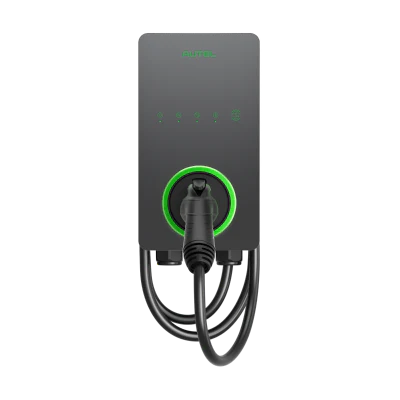
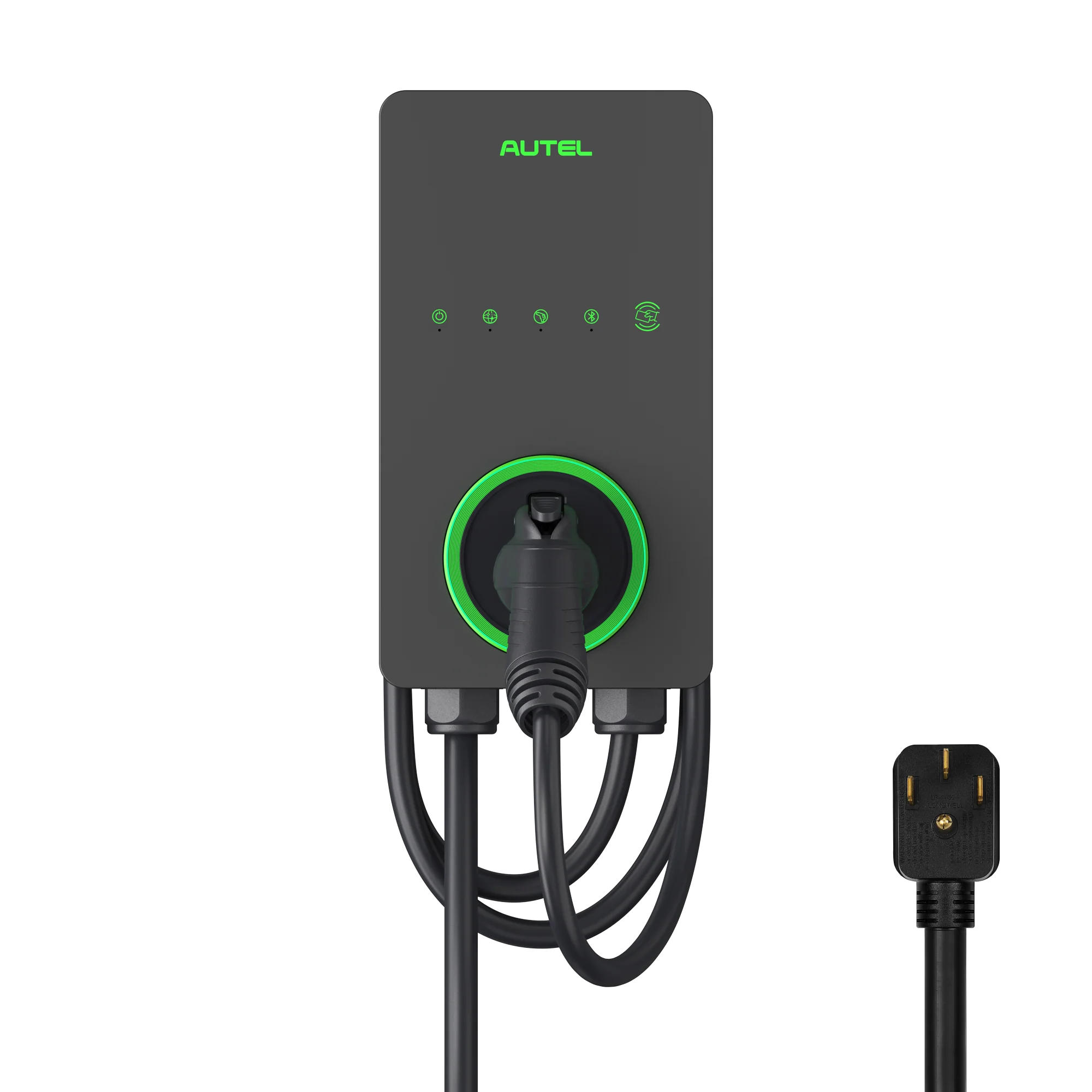
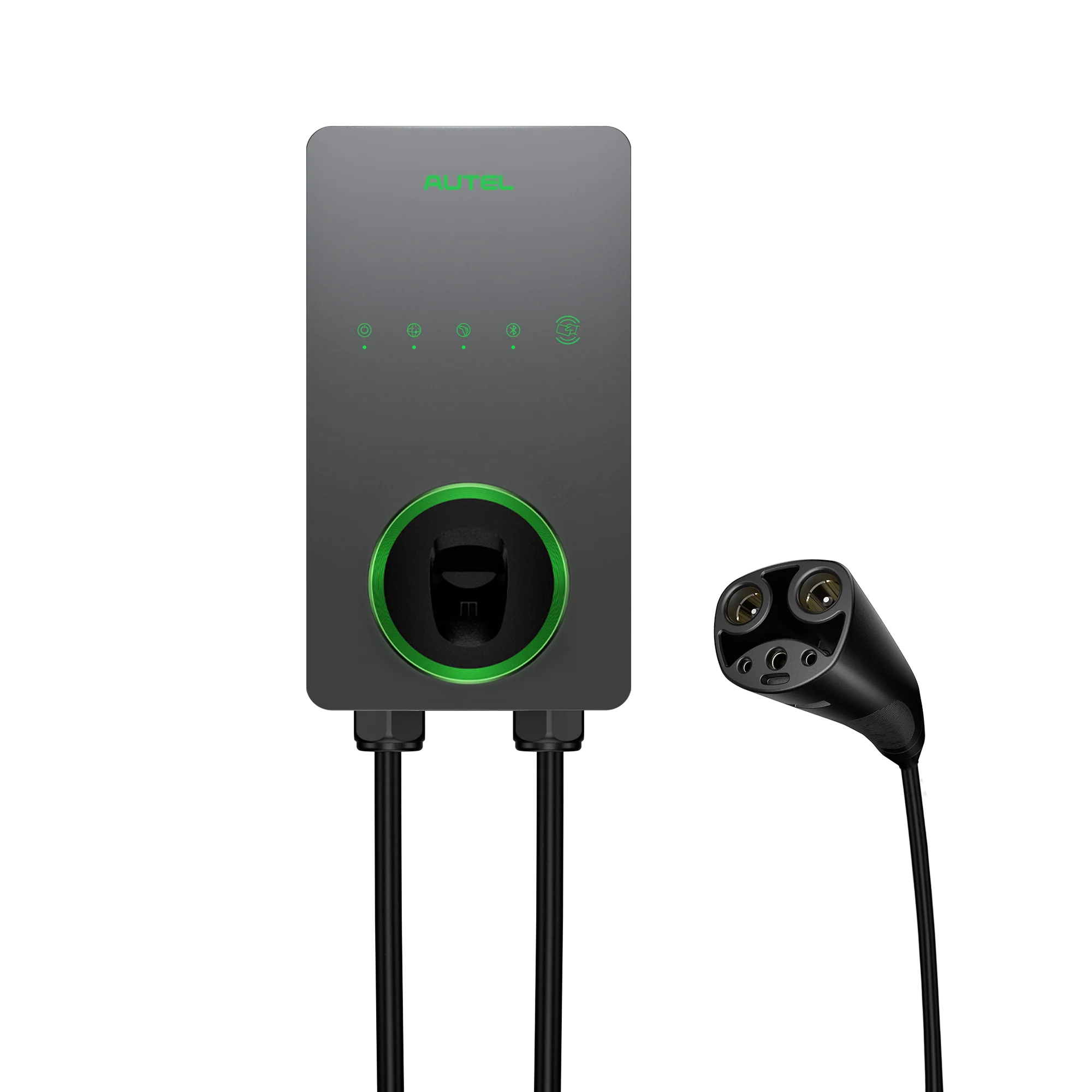
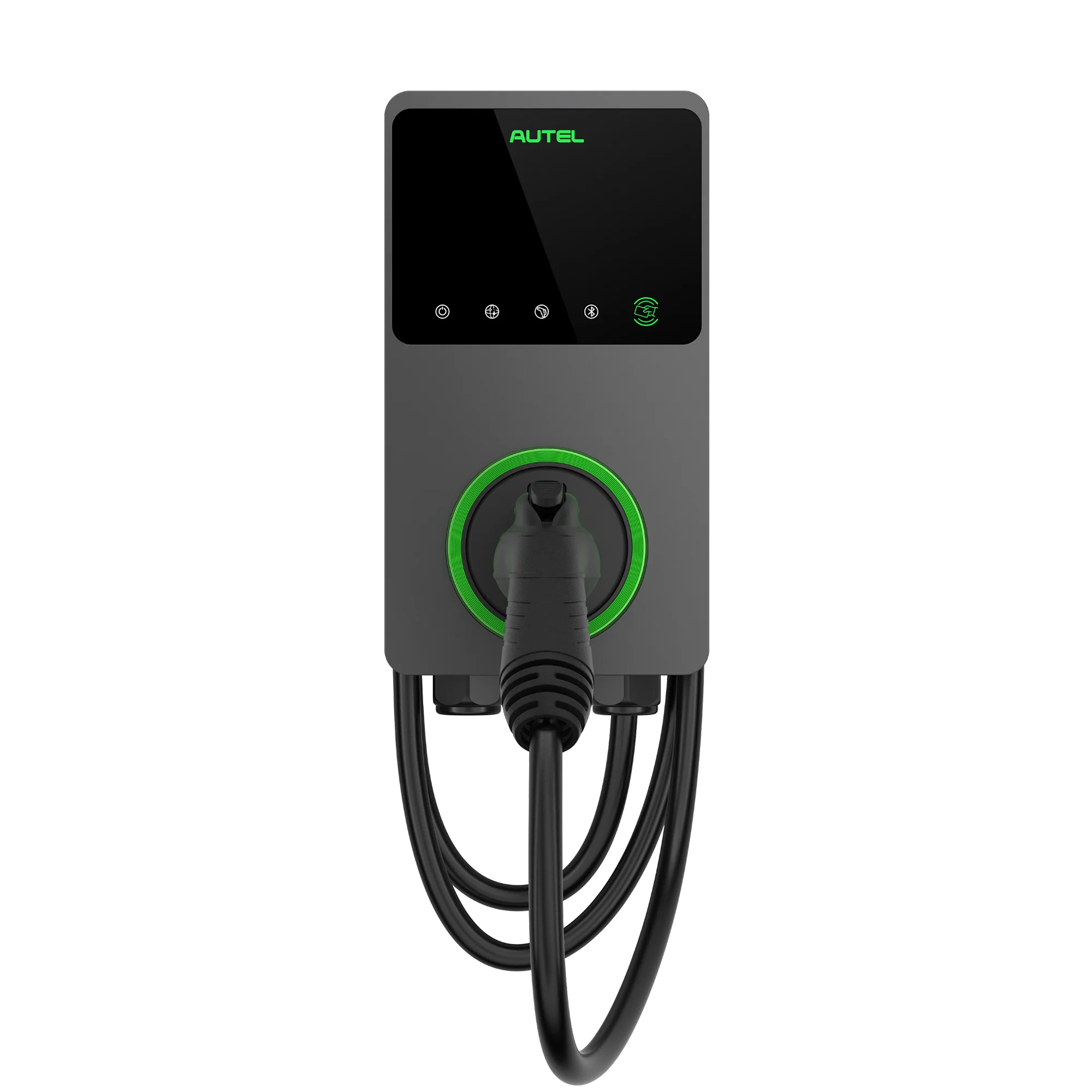
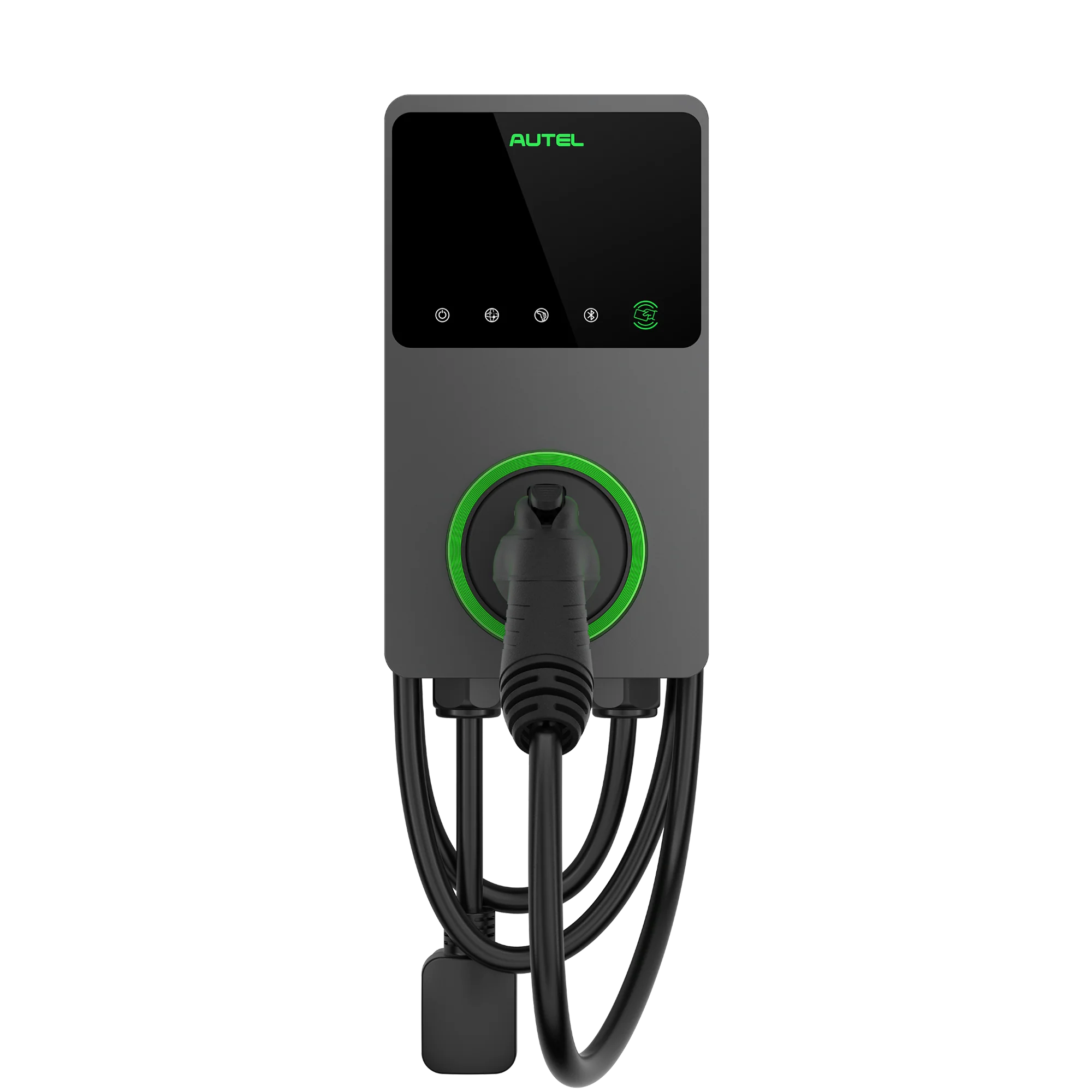
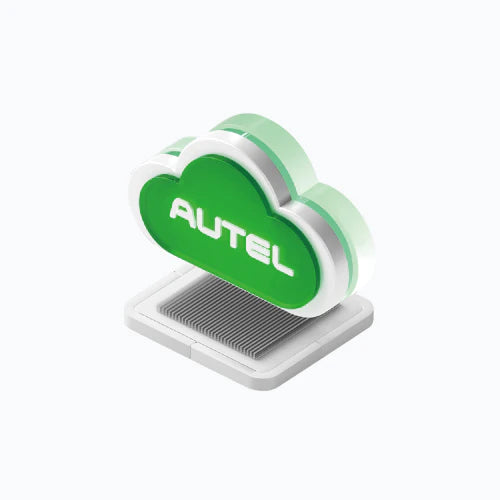
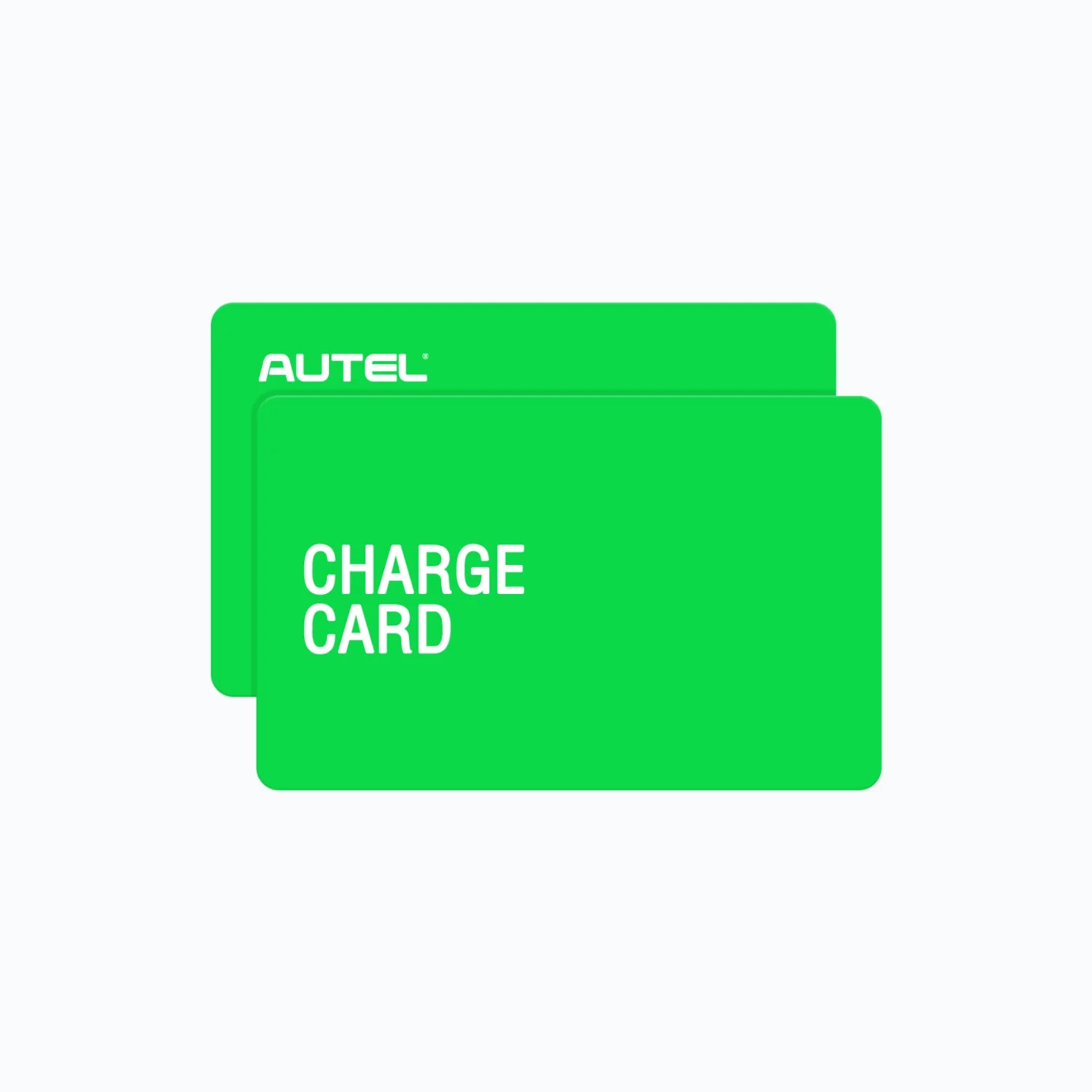
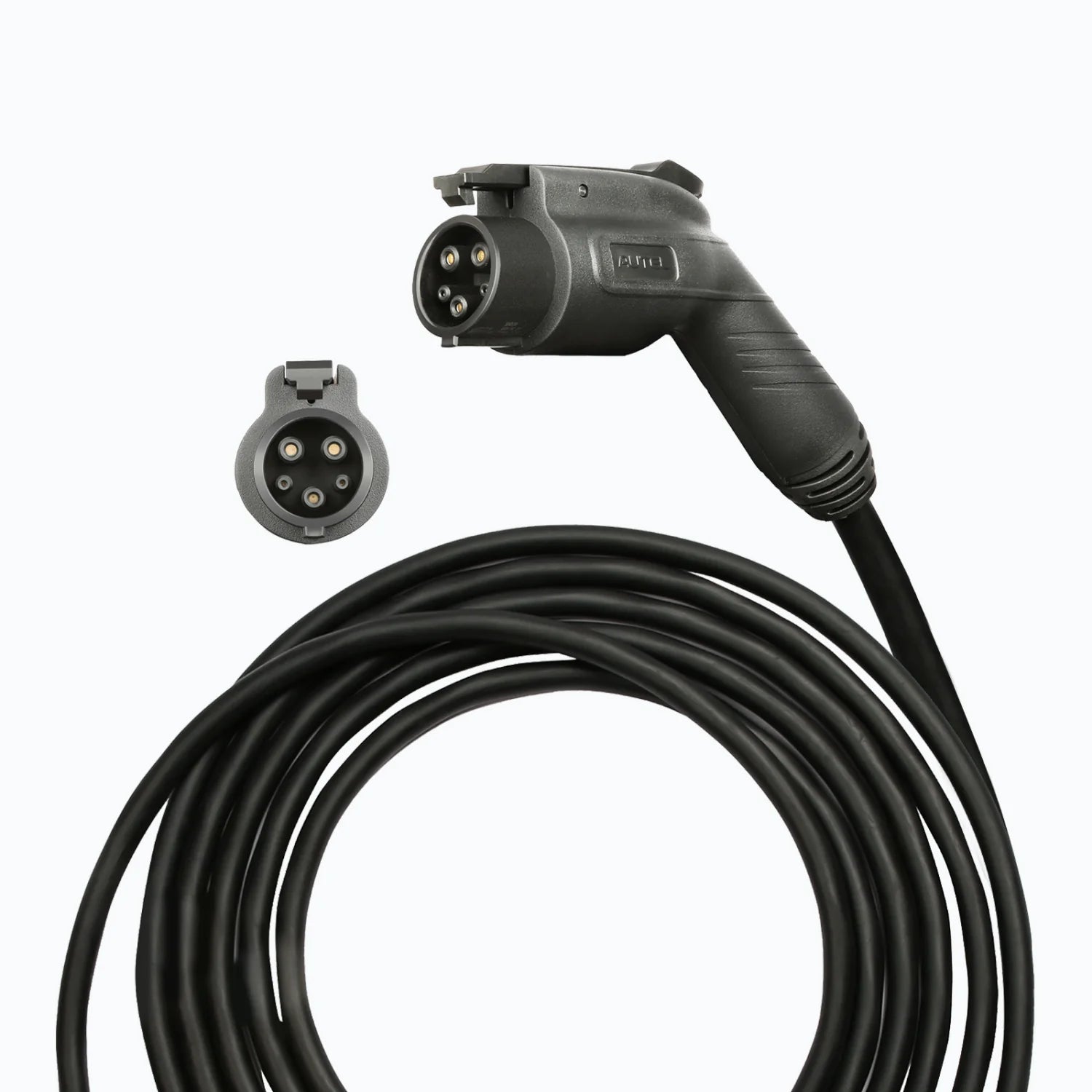

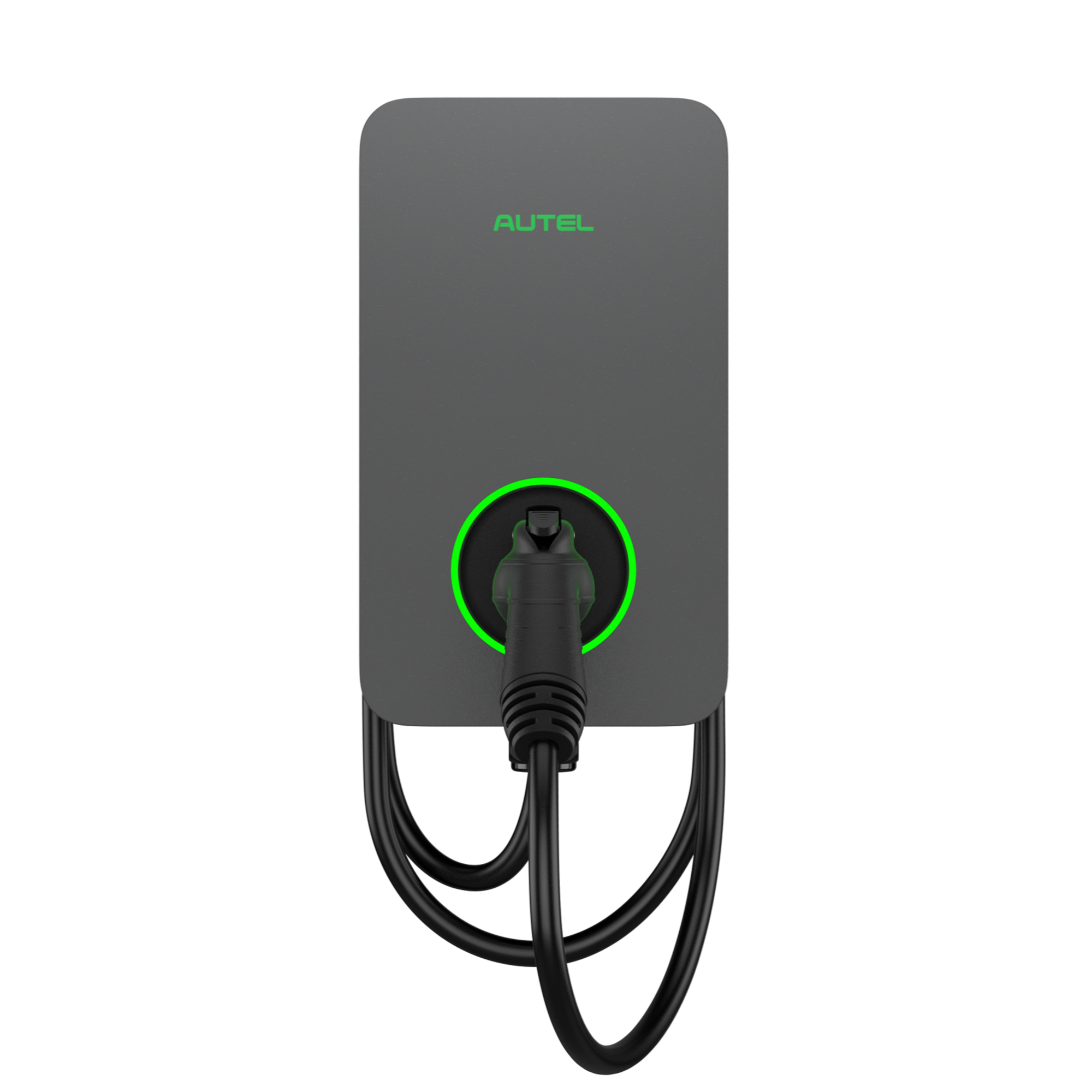

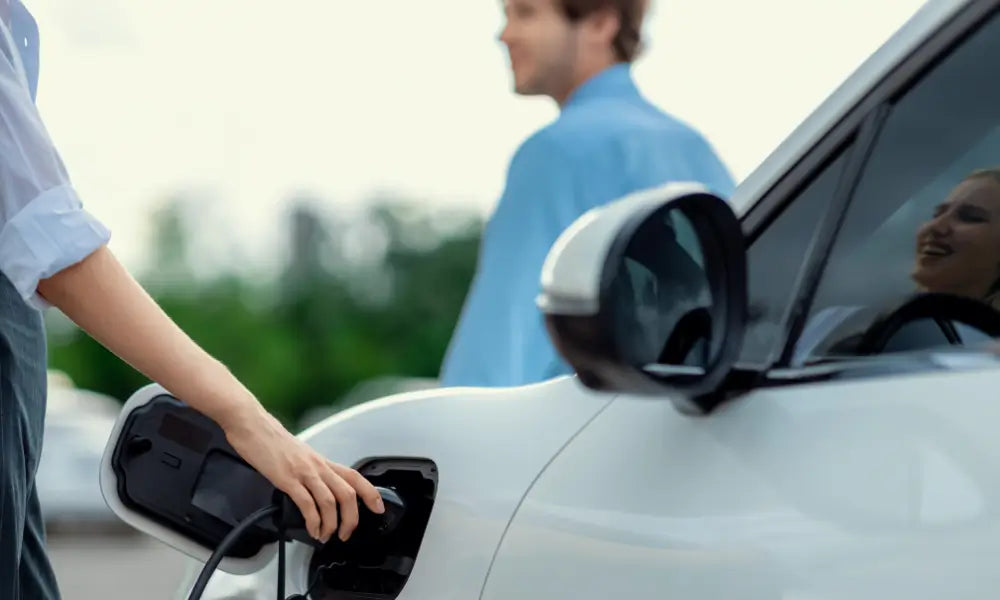
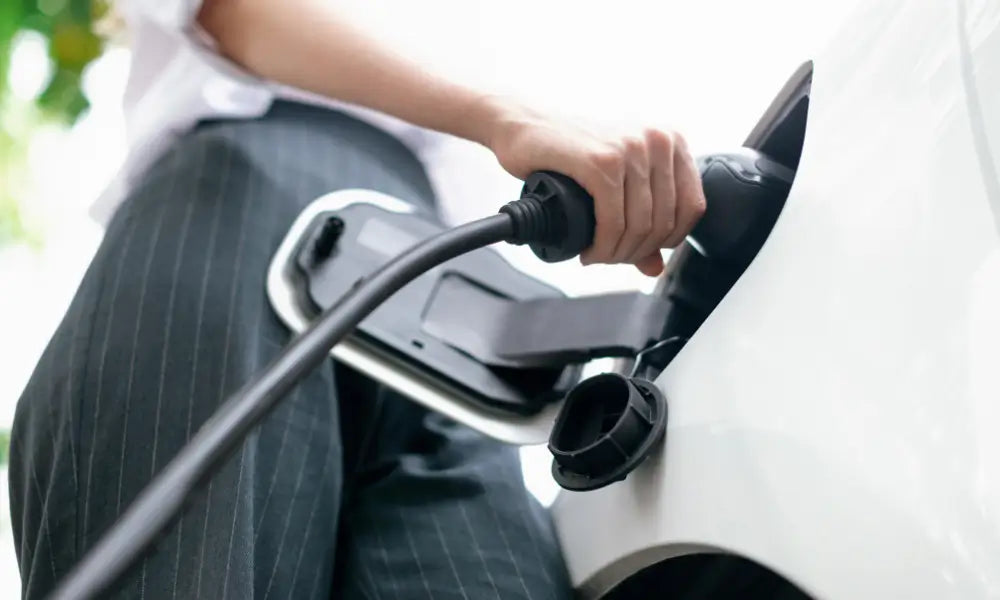
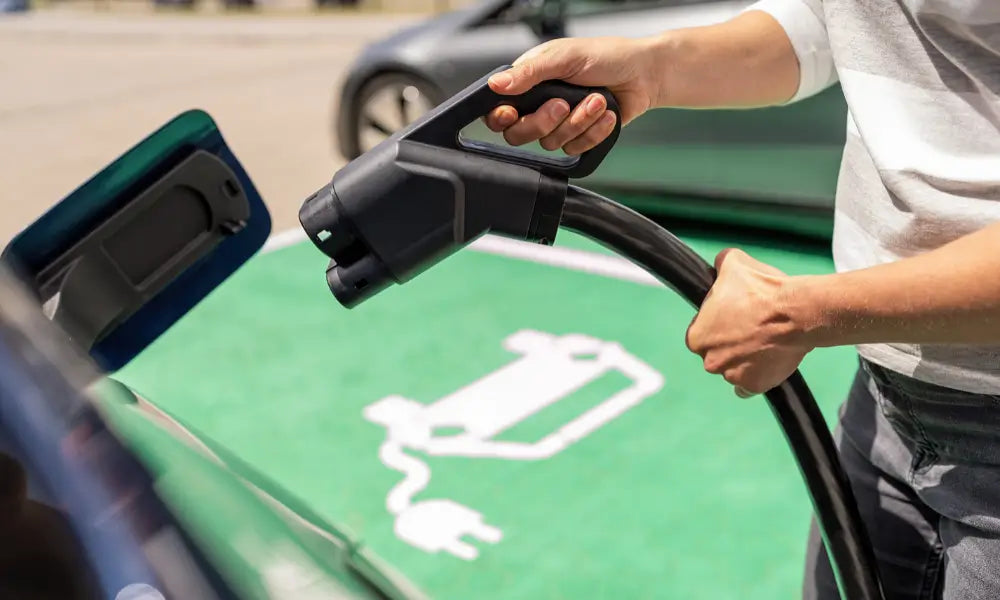
Leave a comment
All comments are moderated before being published.
This site is protected by hCaptcha and the hCaptcha Privacy Policy and Terms of Service apply.